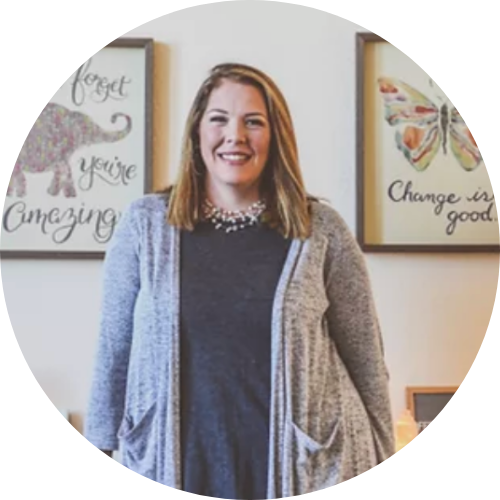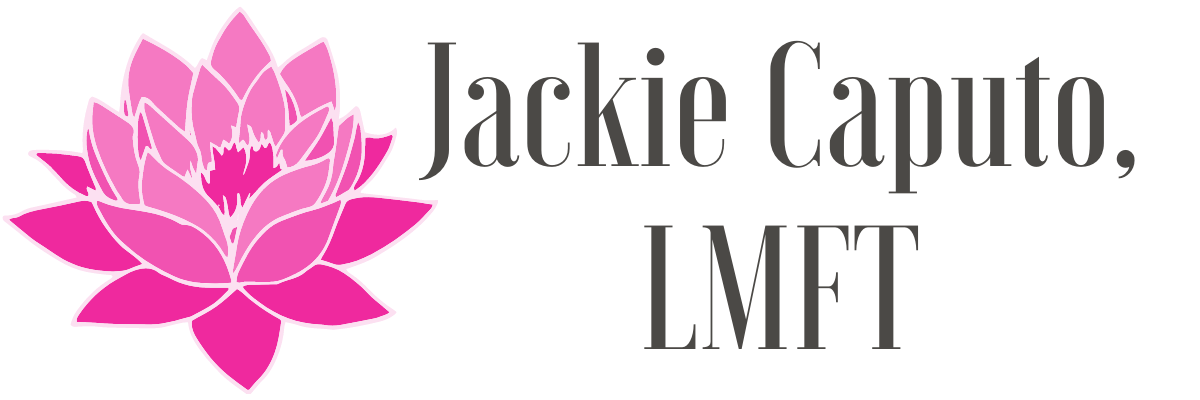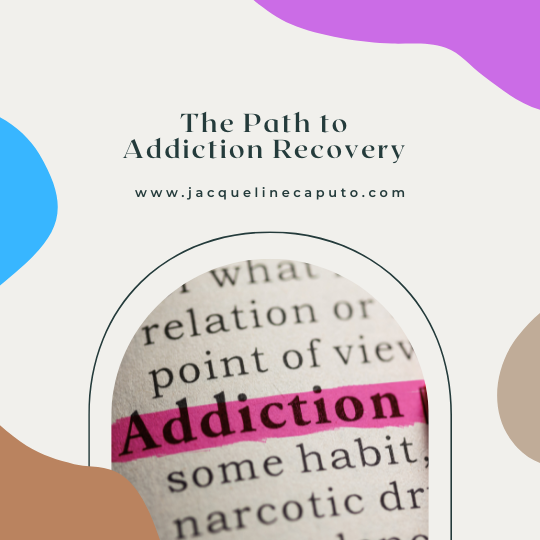Do you ever wish that when you were stressed tf out, instead of reaching for chips, chocolate, or a drink, you went for a run or read a book? Some people reach for these healthier alternatives, but I sit with many people trying to heal their harmful coping mechanisms and addictions. If you are someone experiencing the same struggles, know that you’re not alone! Addiction is far more popular than you might imagine.
In fact, I don’t know a single person who isn’t affected—either directly or indirectly—by addiction these days. Each person either knows someone who or is someone dealing with addiction. Fortunately, many people are trying to heal.
The dictionary defines recovery as:
- an act of recovering;
- the regaining of or the possibility of regaining something lost or taken away;
- restoration or return to health from sickness;
- restoration or return to any former and better state or condition;
- time required for recovering;
- something that is gained in recovering;
- an improvement in the economy marking the end of a recession or decline;
We have been in a pandemic for what seems like forever. Now, more than ever, people suffering from addiction are either seeking treatment or trying to heal themselves. I have always worked with people struggling with addiction. Through my experience, I’ve realized that people are all unique and special in their own ways – what is helpful to one person may not benefit another. Acknowledging/embracing the differences we all have in our journey to recovery has prevented me from taking a one-modality approach to addiction.
Regardless of your path to recovery/treatment, I insist that you aren’t acting as your own doctor, psychiatrist, therapist, or sponsor. Einstein famously said that “no problem could be solved from the same level of consciousness that created it.” Essentially, the same person suffering from addiction can’t operate as the sole solution. Recovery should be a combined effort with the person and their support system.
The recovery process is very humbling. You start surrendering your current ideas about taking care of yourself and search for newer, more helpful ways. It also means that you ask for help and are, at least on some level, willing to do whatever it takes to recover.
Below is a list of some symptoms that I accessed from the National Alliance on Mental Illness’s, or NAMI, website.
Symptoms of substance use disorder may include:
- Withdrawal from friends and family
- Sudden changes in behavior
- Using substances under dangerous conditions
- Engaging in risky behaviors
- Loss of control over the use of substances
- Developing a high tolerance and withdrawal symptoms
- Feeling like you need a drug to be able to function
Symptoms for this mental health concern can vary significantly from person to person. If you experience any of these warning signs, you should consider seeking help: extreme mood changes; confused thinking/problems concentrating; avoiding friends and social activities; and thoughts of suicide.
People suffering from addiction may try medicating themselves with alcohol or drugs instead of receiving proper treatment. Please seek professional help from people who are trained to support you. Several free resources are available online, like SAMHSA’s National Helpline.
I have so much more to say on this topic, but the point is this: If you, or someone you know, is suffering from addiction of any kind, I urge you to reach out for and ask for help. If you have any questions, send me a message or email. There is a solution today, and you are worthy of recovery!
How has addiction impacted your life? Are you affected more directly or indirectly? I’d love to continue the conversation.
#Recovery #Addiction ##NAMI #Reachout #ODAAT

About the Author
Jackie Caputo is a Licensed Marriage and Family Therapist who provides therapy in Woodland Hills, CA. She also provides online therapy in California to individuals throughout the state.

